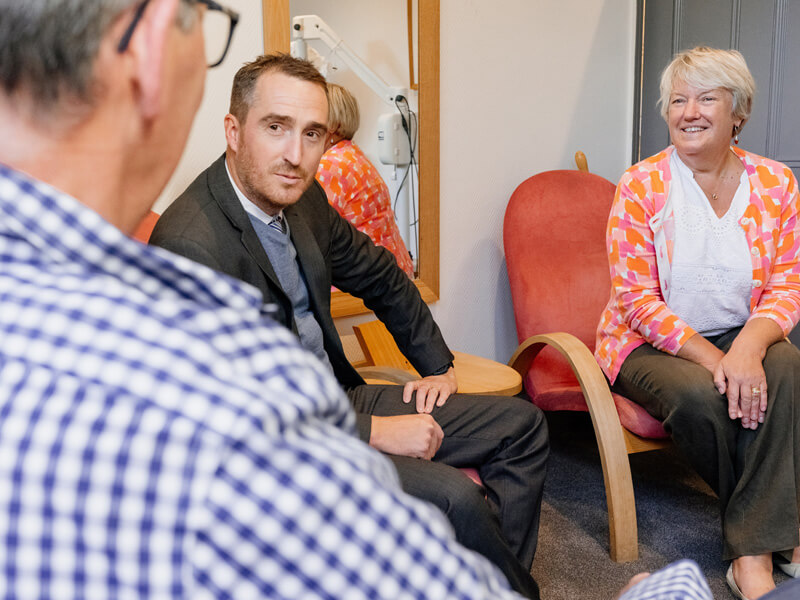
When we support clients wanting to buy a practice, our primary focus is on the accounts. Having said that, the location is of course critical and, like Kirstie Allsopp and Phil Spector in their TV house-hunting TV programme, we like to evaluate it from a number of perspectives. We have seen practices fail because they are in the wrong location or, conversely, thrive when in the right location.
The kind of questions we like answered are:
- Is there planned housing development in the area?
- How many dentists are there per capita in the area?
- What is the competition like – is it worth trying out the mystery shopper approach?
- Facilities which bring people to the neighbourhood – such as a supermarket? (A Waitrose will also be an indication of spending power in the area.)
- Parking availability?
- Expansion potential?
But back to the story that is to be found in the accounts; to the tutored eye, the accounts paint a more revealing picture of a business than the prospectus. As accountants, we can fully appraise its profitability. The practice might look good on paper, but we have to be sure it will still give you the income you need once you have factored your outgoings into the equation. And your outgoings may be very different from the vendor’s.
If the practice has an NHS contract we will want to know whether it will automatically transfer to you. And whether capitation patients will remain loyal to the practice and deliver a predictable income. We should be able to tell from the accounts how efficiently the practice is run. If we can’t, we will need to do some interrogating of the figures to get a better picture.
Many clients expect this process to be a mere formality, but the accounts are likely to play an important role in deciding whether the practice is right for you. There have been plenty of occasions when we have had to dissuade a dentist buyer from proceeding with a purchase.
For instance, we were working with an associate wanted to buy into a high-end practice. As it happened, the principal of the practice where he was working was happy to sell. BUT the principal wanted to have his cake and eat it! He couldn’t accept that if he sold things would have to change, for example, he might have to work in a different surgery and learn the new computer system. It became clear this might not be the way forward for our client. Coincidentally a similar high-end practice in a better local position came to the market. nWith a more convincing set of accounts, and a more accommodating owner, it was clear that was the one to go for. Our client has not looked back!
If you are wanting to buy a practice, our best advice is:
In summary, while Kirstie and Phil often play a role in persuading their house-buyers to compromise, we like to be uncompromising in our advice: if the accounts of the practice you want to buy are not telling a convincing story, we will discourage you from signing on the dotted line.











